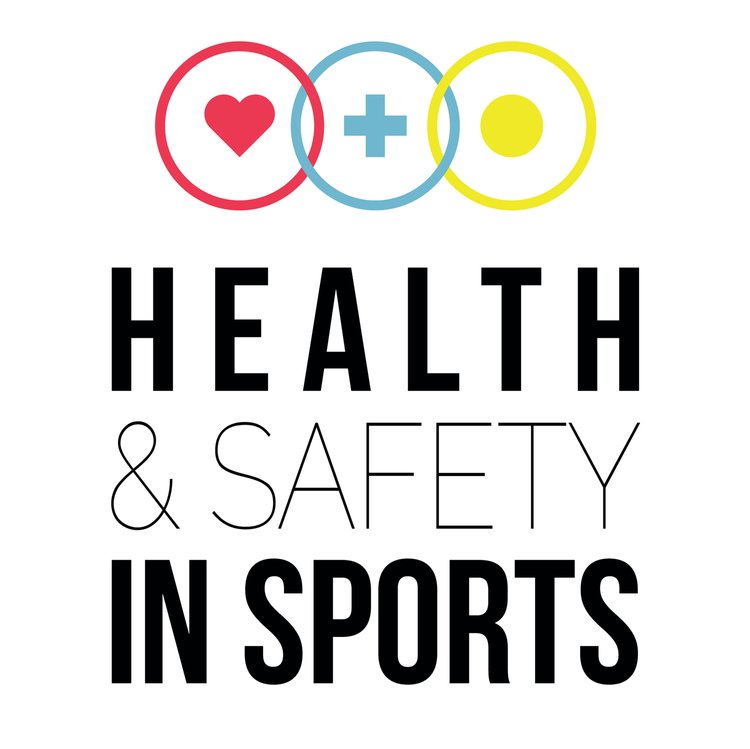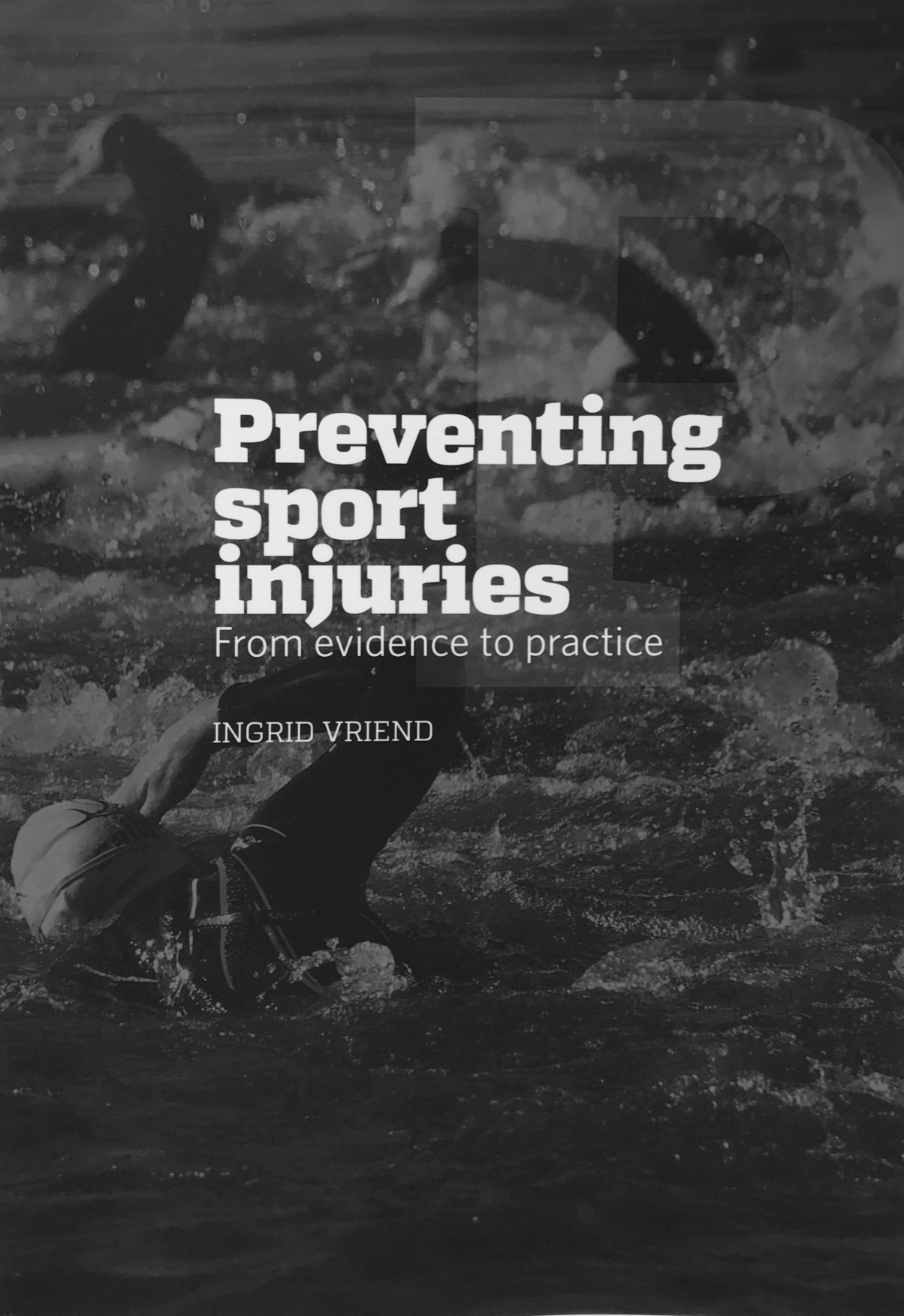Science is not about hard facts. At the core of proper research methods is a series of choices and assumptions made by researchers. Each of those choices impact the value of the study’s results, and as a reader you are presented with the researchers’ interpretations of those results. Shockingly, many readers still take study results for granted and fail to judge and criticise the value of presented outcomes within their own practical context. The BJSM now launches a series of editorials that aim to educate the clinical reader with the tools to form their own balanced opinions about study results.
Read MoreInternational Thesis Award for Sports Medicine Resident Guus Reurink
Sports Medicine Resident Guus Reurink (Academic Center for Evidence Based Medicine AMC and OLVG) was awarded with a second place British Journal of Sports Medicine (BJSM) Award.
Read MoreScience and practice need to work more closely together to prevent sport injuries in the wild
On September 19th Ingrid Vriend will defend her PhD thesis entitled "Preventing sport injuries. From evidence to practice". The full PhD thesis can be downloaded as a pdf here soon, in the meantime you may have a look at the extensive summary below to get an idea of her work on translating injury prevention evidence to practice.
Read MoreTrue population levels of sedentary behaviour and physical activity of European adults are unknown
On June 21st, our own Anne Loyen will defend he PhD thesis on the prevalence and correlates of sedentary behaviour and physical activity in European adults. A digital copy of here full thesis may be requested by contacting her directly (a.loyen@vumc.nl), below you will find a summary of her work. She concludes that European public health strategies to increase physical activity and decrease sedentary behaviour levels are warranted. Individuals should be encouraged to meet the physical activity recommendations and limit and break up their sitting time, ultimately aiming for an European population with a healthy balance between sitting, standing and physical activity behaviours.
Read MoreAre mobile apps superior as an intervention delivery tool?
Just out in the Journal of Science and Medicine in Sport .. the ink still dripping from the pages. Our most recent result on the effectiveness of mobile applications as a tool for injury prevention in sports. Our study showed that the implementation method of a NMT program by using an App or a Booklet did neither lead to different injury incidence rates in the long term nor did it influence residual functional disability/pain.
Read More



